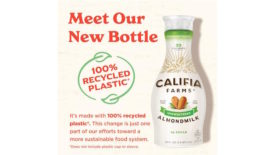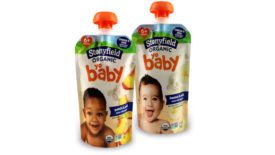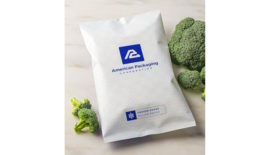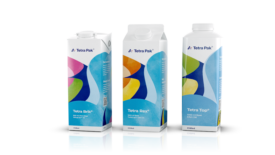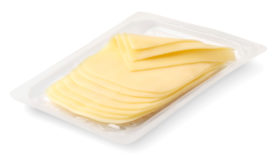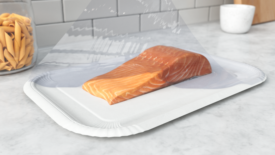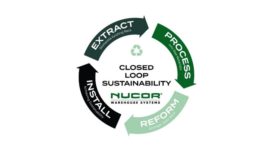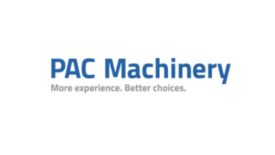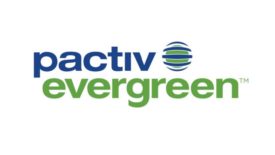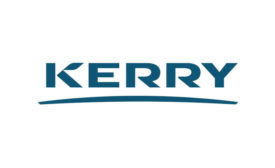Home » Keywords: » recycling
Items Tagged with 'recycling'
ARTICLES
Packaging change across the U.S. and Canada expected to reduce brand's greenhouse gas emissions by at least 19%. and cut energy use in half.
Read More
Plant-Based Packaging Options for Cold and Frozen Foods
Research shows over 70% of consumers say they consciously think about packaging made from plant-based materials when they are shopping.
August 28, 2023
Get our new eMagazine delivered to your inbox every month.
Stay in the know on the latest food and beverage manufacturing markets.
SUBSCRIBE TODAYCopyright ©2024. All Rights Reserved BNP Media.
Design, CMS, Hosting & Web Development :: ePublishing
